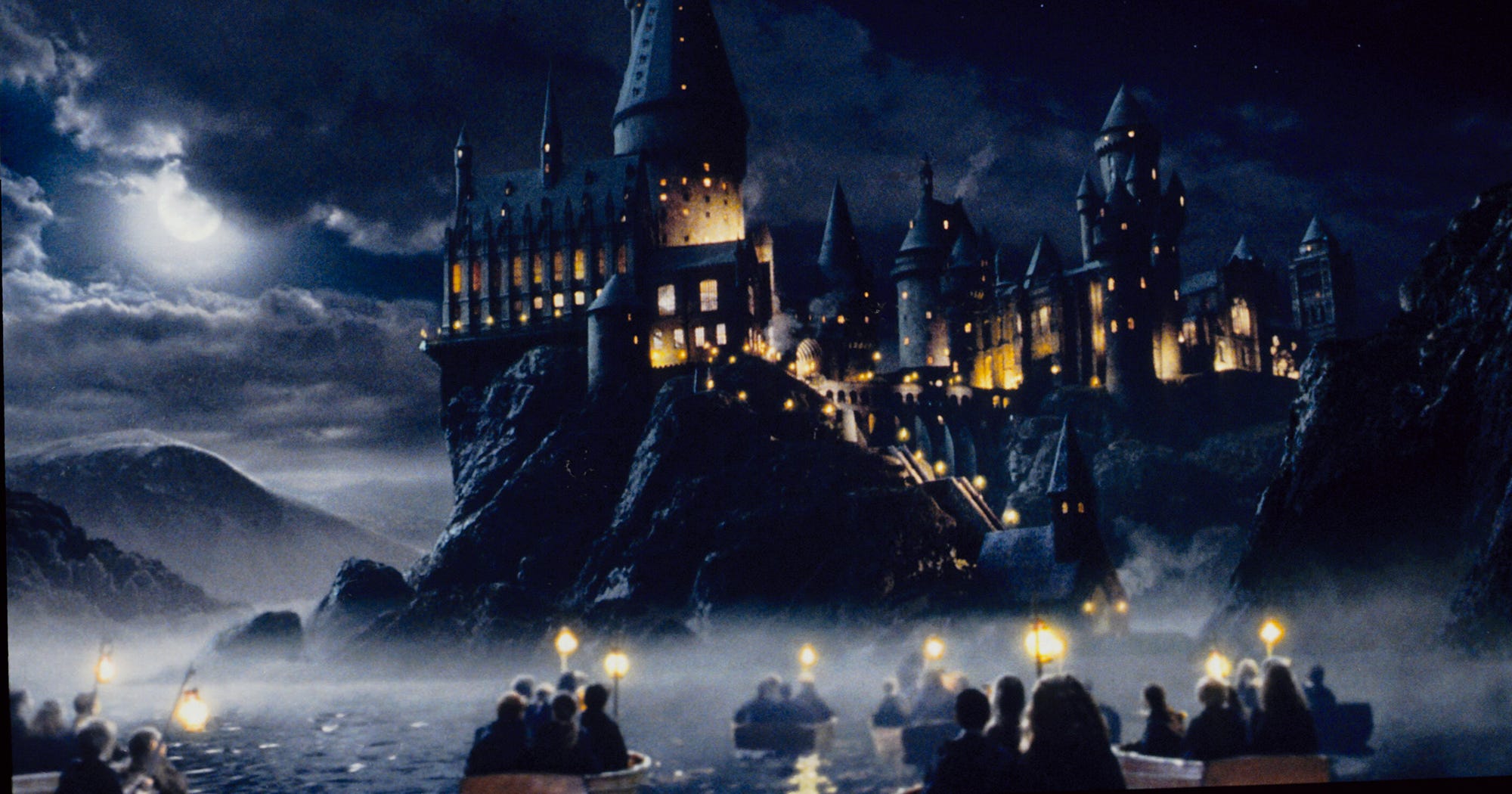In his 1978 commencement address at Harvard University, the great Russian novelist Alexander Solzhenitsyn argued that what united the capitalist west and communist east mattered more than what divided them. Both, he said, had lost any feel for the transcendent, any sense of the open sky over our heads, and a God to which we must one day offer an account of ourselves.
Login to read more
Sign in or create a free account to access Subscriber-only content.
